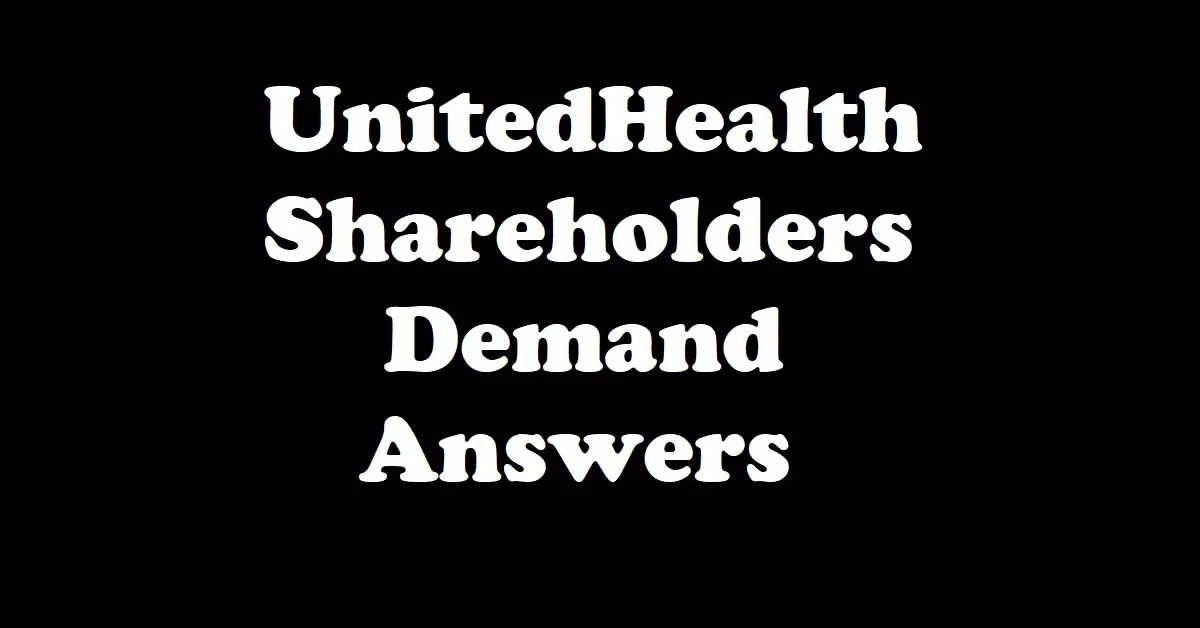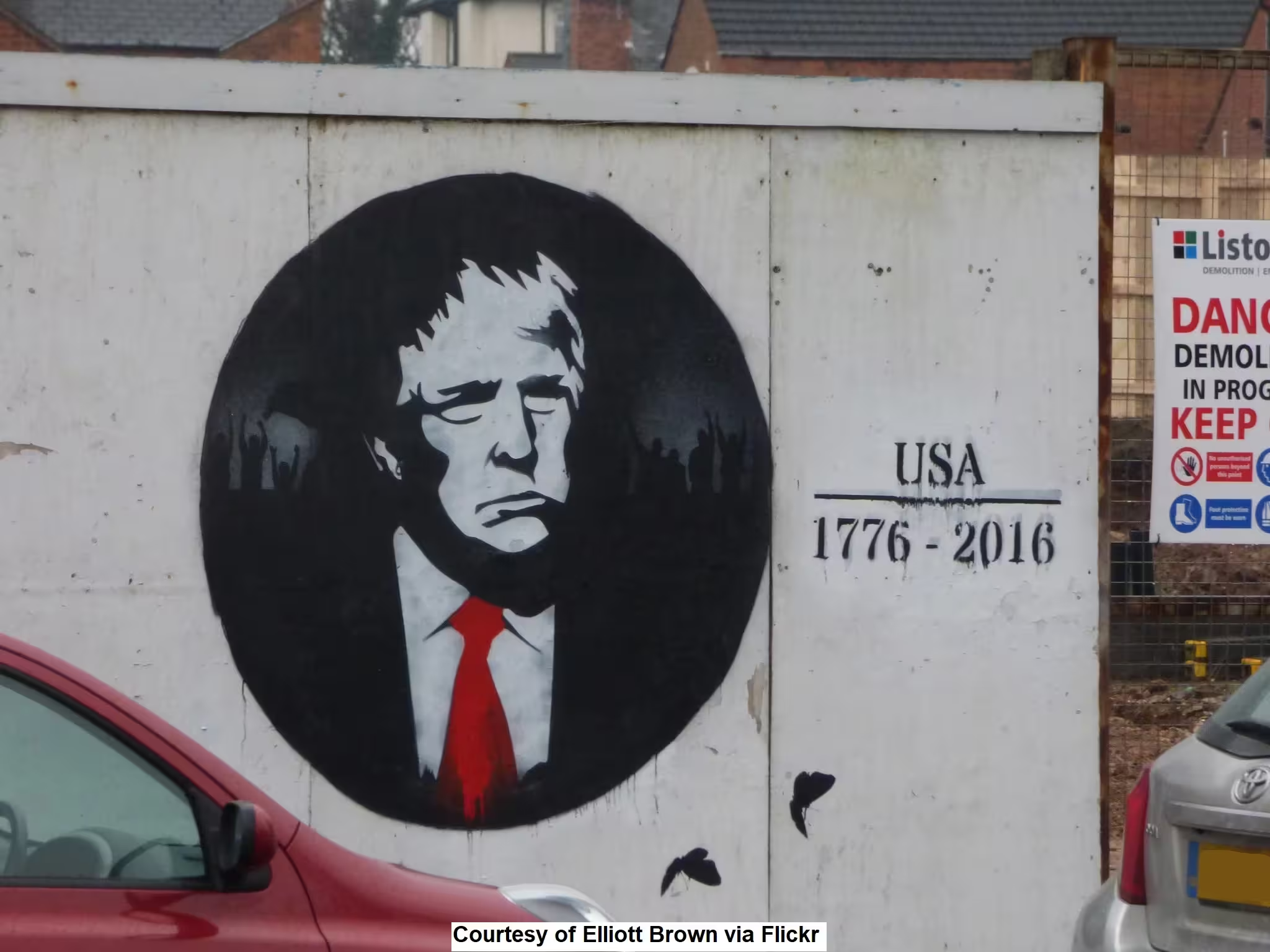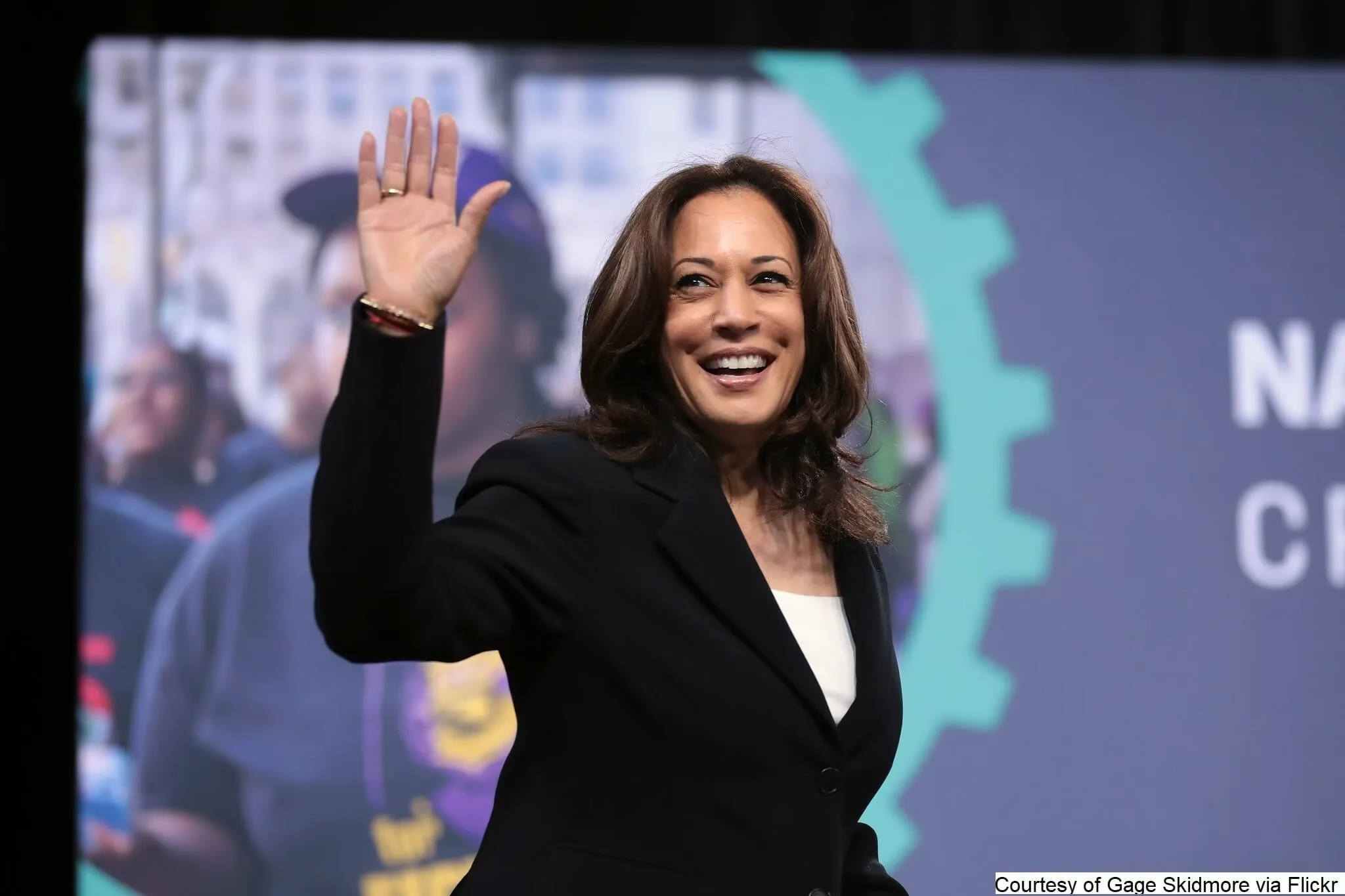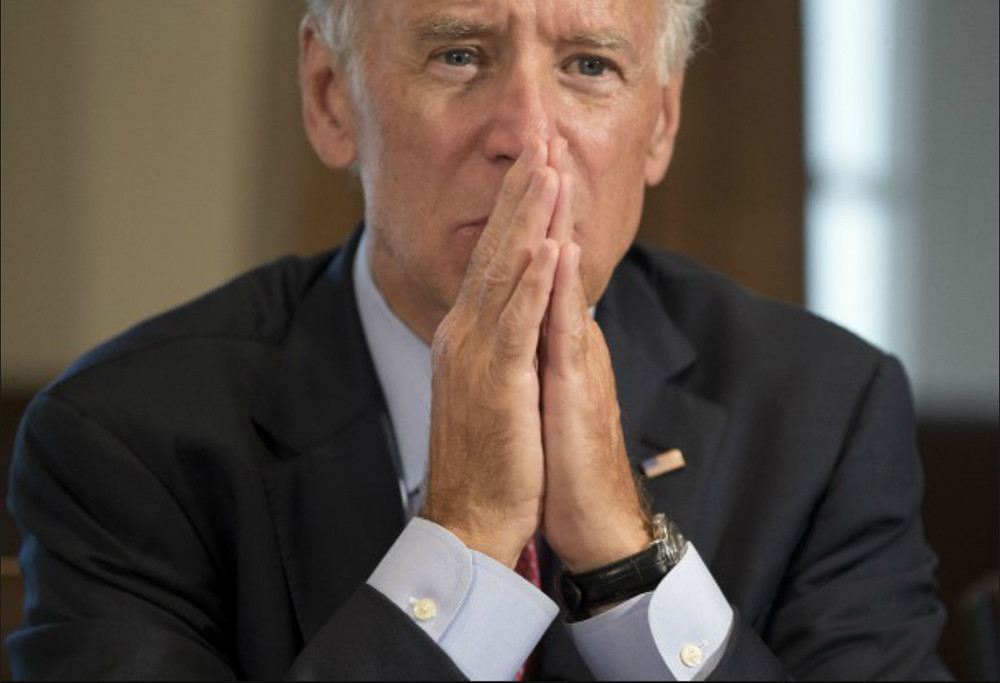UnitedHealth Group is a titan among titans. In 2024, they were ranked the eighth largest corporation in the world by Fortune 500. They own Optum, the nation’s single largest employer of physicians, and UnitedHealthcare, the nation’s largest health insurance provider.
Despite a massive data breach and Congressional efforts to break the company apart, UnitedHealth stock managed to reach an all-time high of $622.92 on November 11. They were set to report record-breaking revenue at their shareholder meeting on December 4–until of course, that meeting was canceled due to the assassination of UnitedHealthcare CEO Brian Thompson.
The Response to Brian Thompson’s Death
After Thompson’s death the media did everything they could to remind us that he was a father, a husband, and a son–one of the good guys. But the public wasn’t about to buy it.
They were tired of having their claims denied. In fact, surveys show that 7 out of 10 Americans blame claim denials for the shooting.
It’s easy to see why. Under Thompson’s leadership, denials doubled, reaching 32%–twice the national average–although some companies are reported to deny as many as 80% of claims.
Stories started flooding social media. Loved ones, the sick, and the grieving all spoke up. The company was withholding vital care in dire circumstances and people were getting hurt.
Backlash Against UnitedHealth
UnitedHealth became a symbol of corporate greed. They were treated like mass murderers. Nobody was willing to touch them. Their stock immediately began to plummet. By December 17, they had lost more than $110 billion in market value, and their competitors were also facing historic losses. It was so bad that they were dragging down the value of the Dow Jones itself.
Congress renewed its cries to break up the company, drafting bipartisan legislation meant to force UnitedHealth and its competitors to sell off their pharmacy benefit managers. Even Donald Trump joined in, calling pharmacy benefit managers “rich as hell.”
Legislation was stalled during the shutdown negotiations. But both parties still appear to be poised to sign it into law. It is as though UnitedHealth is facing the perfect storm, so massive it’s capable of taking down one of the world’s largest conglomerates.
To make matters worse, UnitedHealth Group shareholders filed a proposal Wednesday demanding answers about its practices.
UnitedHealth Group Shareholders Share Their Concerns
The general consensus is that UnitedHealth was falsely denying claims in order to satisfy their shareholders’ demands for profit, and that may very well have been true. But the dynamics behind the scenes are a bit more complex than you might expect.
Not all shareholders focus on short-term gains. Many are concerned about the long-term welfare of the company, its stability, and as implausible as it might seem, its moral integrity.
The shareholders who filed the proposal include members of the Interfaith Center on Corporate Responsibility, which as its name implies, tries to hold corporations responsible for their actions. In their report, they state that they are concerned about the “public health-related costs and macroeconomic risks created by the company’s practices that limit or delay access to healthcare.”
They believe that UnitedHealth is kicking off a ripple effect that detrimentally impacts the performance of the market as a whole. They support their argument by listing policies that strain government resources, lead to higher taxation and debt, and jeopardize the health of workers, thereby reducing workplace productivity.
They also mention the effect that higher healthcare costs have on discretionary spending, which can hinder economic growth. If the public is spending more on healthcare, other industries suffer from a lack of revenue.
They are asking for a full report on how often prior authorization requirements and coverage denials lead to the abandonment of care, as well as any adverse events that might occur as a result.
This data is so closely guarded that researchers have been forced to interview the public on their own to gauge the situation. If shareholders manage to get ahold of it, they could force the company to confront its crimes and even mandate reform.




